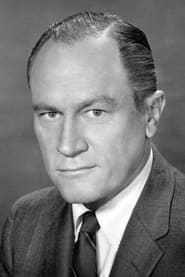Description
The Incredible Machine [also known as Man: The Incredible Machine] is a 1975 American documentary film directed by Irwin Rosten and Ed Spiegel. It follows a "ourney" inside the human body, using advanced technology of microscopic photography and sound, including scenes of heat radiation, color x-rays, and camera exploration of a living human heart. The film is famous for including some of the first pictures ever taken inside the human body and presented on film, using some of the earliest film that medical researchers had taken inside the human digestive tract and bloodstream. It ranked as the most-watched program in Public Broadcasting Service until 1982. It was nominated for an Academy Award for Best Documentary Feature.

